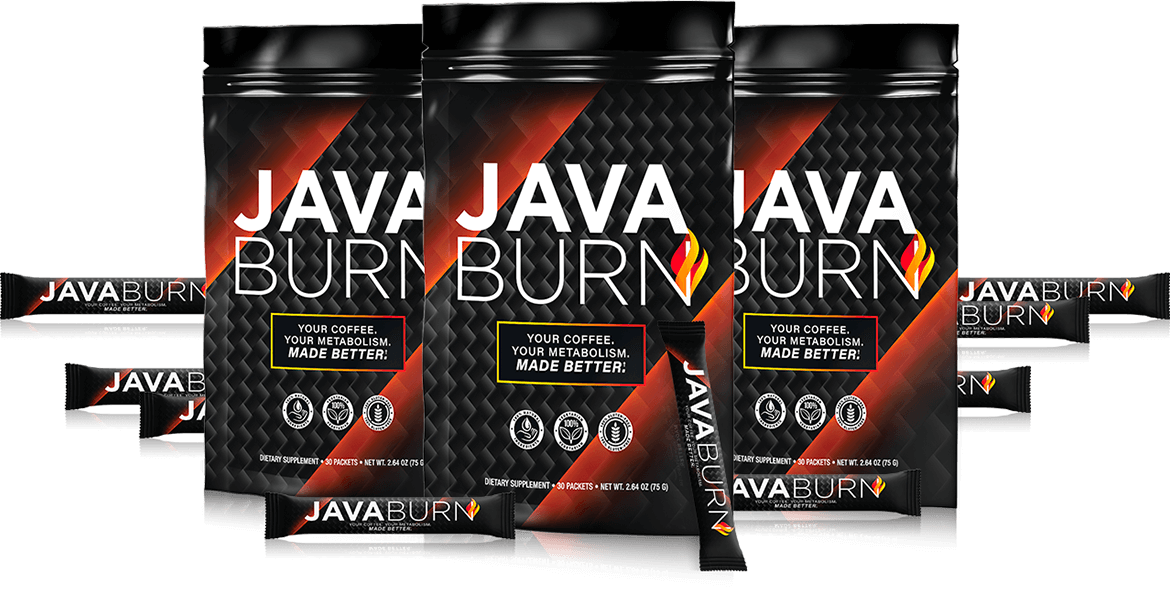Understanding Holistic Health
Holistic health is a comprehensive approach to well-being that emphasises the integration of the mind, body, and spirit. Unlike conventional healthcare, which often targets specific ailments or symptoms, holistic health considers the individual as a whole. This methodology recognises that physical, emotional, and mental well-being are profoundly interconnected and that achieving balance among these elements is essential for revitalizing one’s energy and overall vitality.
In holistic health, the focus is on maintaining a harmonious balance within the body. This is achieved through various practices that nurture different aspects of an individual. For instance, physical practices such as yoga and tai chi enhance physical fitness and promote mental clarity and emotional stability. Emotional well-being can be bolstered through mindfulness and meditation, which help manage stress and foster a positive outlook. Similarly, mental health benefits from activities stimulating the mind, such as engaging in creative pursuits or learning new skills.
The holistic approach advocates for natural and preventive measures rather than solely on medications or invasive treatments. Nutrition is pivotal in this regard, emphasizing a balanced diet rich in whole foods that nourish the body and support optimal functioning. Additionally, acupuncture, massage therapy, and aromatherapy are often employed to address imbalances and promote well-being.
Holistic health practices offer numerous benefits, including increased energy levels, reduced stress, improved mental clarity, and a more robust immune system. By addressing the root causes of imbalances rather than merely treating symptoms, individuals can achieve a more sustainable and vibrant state of health. Embracing holistic health means committing to a lifestyle that nurtures every aspect of one’s being, leading to enhanced vitality and a renewed zest for life.
Physical Practices to Boost Energy
Regular physical activity is paramount when aiming to revitalize your energy levels. Exercise stimulates the production of endorphins, often called ‘feel-good’ hormones, which enhance mood and vitality. Among the myriad of exercise options, certain types stand out for their energy-boosting benefits. Yoga, for instance, is renowned for improving flexibility, strength, and mental clarity. Practices such as Tai Chi, with its gentle, flowing movements, reduce stress and enhance overall energy.
Aerobic exercises, including brisk walking, running, and cycling, significantly increase cardiovascular health, improving energy efficiency and stamina. These exercises elevate the heart rate, promoting better oxygen circulation and contributing to a heightened sense of vitality. Combining these exercises can lead to a more balanced and energized lifestyle.
Nutrition plays a crucial role in maintaining energy levels. A diet rich in whole foods, such as fruits, vegetables, lean proteins, and whole grains, provides the nutrients that fuel our bodies. Avoiding processed foods and excessive sugar intake is essential, as these can lead to energy crashes and fatigue. Staying hydrated is another fundamental aspect; water is vital for nearly every bodily function, including energy production. Aim for at least eight glasses of water a day to ensure optimal hydration.
Equally important is the quality of sleep and rest. The body rejuvenates and repairs itself during sleep, making it a non-negotiable component of energy maintenance. Aim for 7-9 hours of quality sleep per night. Additionally, integrating practices like stretching can alleviate muscle tension and improve circulation, further contributing to a sense of well-being and energy.
In summary, a holistic approach to boosting energy involves regular physical activity, balanced nutrition, adequate hydration, and sufficient rest. Integrating these practices into your daily routine can significantly enhance your overall vitality and energy levels.
Mental and Emotional Well-Being
Mental and emotional well-being play a crucial role in revitalizing one’s energy and maintaining vitality. Stress, anxiety, and negative emotions can significantly drain your energy levels, making it essential to manage these aspects effectively. Stress management techniques are one of the most effective ways to enhance mental clarity and emotional balance. Practices such as mindfulness and meditation have been shown to reduce stress, promote relaxation, and improve overall mental health.
Mindfulness involves staying present in the moment and acknowledging your thoughts and feelings without judgment. This practice can help you become more aware of your stress triggers and develop strategies to manage them. Meditation, on the other hand, provides a structured approach to achieving a calm and focused mind. Regular meditation can increase emotional resilience, allowing you to handle life’s challenges more easily.
Additional techniques for reducing stress include deep breathing exercises and journaling. Deep breathing exercises can quickly calm the nervous system, reducing stress and restoring balance. Journaling allows you to express your thoughts and feelings, providing a healthy outlet for emotional processing. By setting healthy boundaries in both your personal and professional life, you can protect your mental and emotional well-being, ensuring that you have the energy to engage in activities that matter most to you.
Positive thinking and gratitude practices also have a profound impact on energy levels. Cultivating a positive mindset can shift your focus from problems to solutions, enhancing your overall vitality. Practicing gratitude by regularly acknowledging the positive aspects of your life can increase feelings of happiness and contentment, further boosting your energy. Building emotional resilience through these practices helps you navigate stress and adversity more effectively, ensuring that your mental and emotional well-being remains intact.
By integrating these holistic practices into your routine, you can significantly revitalize your energy, fostering a sense of overall well-being and vitality.
Integrative Holistic Practices
Integrative holistic practices offer a comprehensive approach that merges physical, mental, and emotional well-being in the pursuit of revitalizing energy and fostering vitality. These practices encompass a variety of alternative therapies designed to restore balance and invigorate the body. Among the most prominent therapies are acupuncture, aromatherapy, and herbal medicine, each contributing uniquely to the enhancement of overall energy levels.
Acupuncture, an ancient Chinese practice, involves the insertion of fine needles into specific points on the body to stimulate energy flow and promote healing. This method has been shown to alleviate stress, reduce fatigue, and enhance overall vitality. Aromatherapy, another holistic practice, utilizes essential oils extracted from plants to improve physical and psychological well-being. Scents like lavender, peppermint, and eucalyptus can invigorate the senses, reduce stress, and elevate mood, thereby contributing to increased energy levels.
Herbal medicine, rooted in centuries-old traditions, employs natural herbs to support the body’s functions and boost energy. Herbs such as ginseng, ashwagandha, and rhodiola are renowned for their adaptogenic properties, helping the body adapt to stress and maintain optimal energy levels. Integrating these therapies into daily routines can provide a sustained boost in vitality.
Creating a personalized holistic health routine involves gradually incorporating these practices to ensure consistency and effectiveness. Start by identifying specific needs and energy goals, then select appropriate therapies that resonate with your lifestyle. Consistency is key; regular practice of these holistic methods will gradually build and sustain energy levels.
Success stories abound, illustrating the transformative impact of holistic practices. For instance, Jane, a 45-year-old professional, experienced chronic fatigue until she integrated acupuncture and herbal medicine into her routine. Over six months, she reported significant improvements in her energy levels, mental clarity, and overall well-being. Such case studies inspire, highlighting the potential of holistic practices in revitalizing energy and enhancing quality of life.




